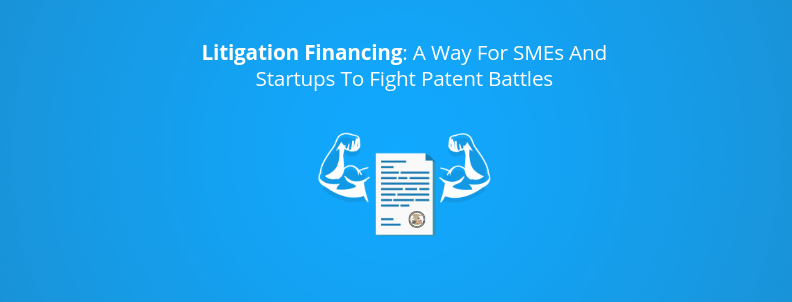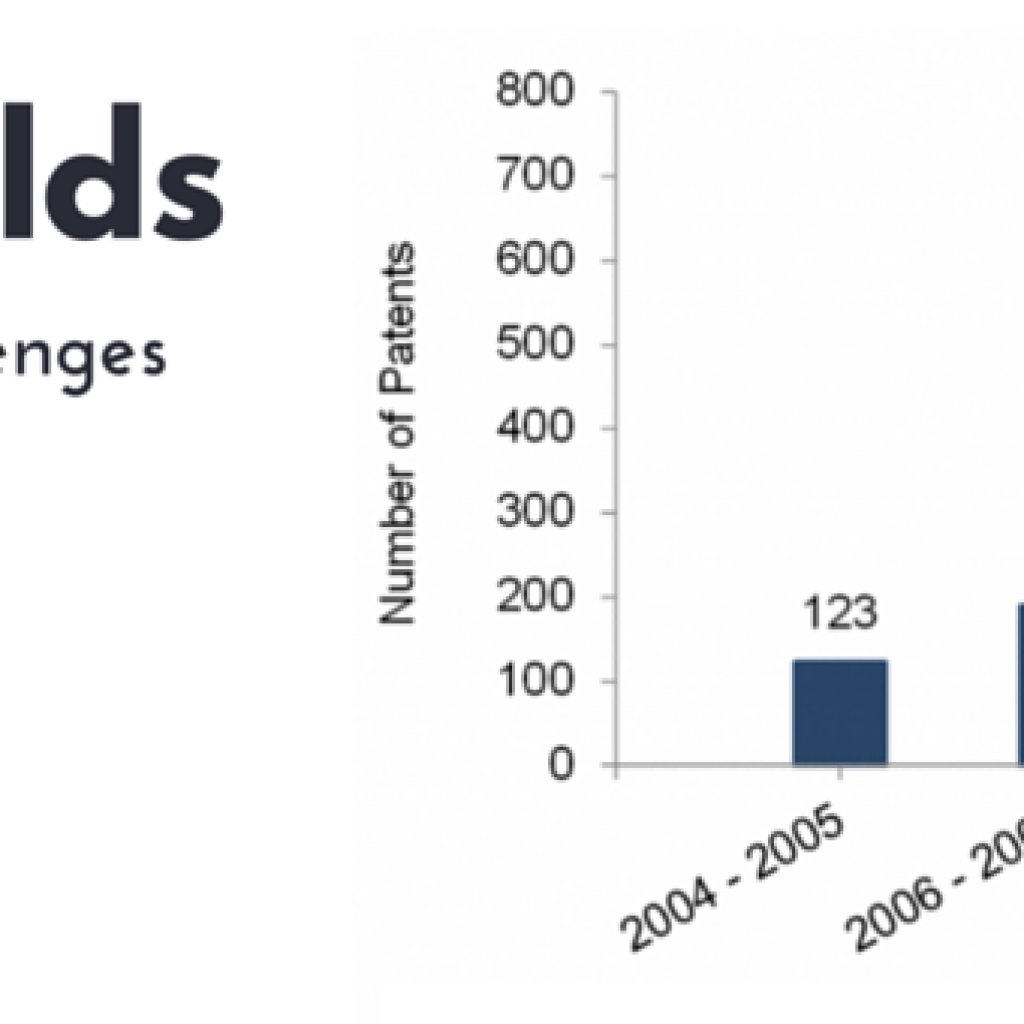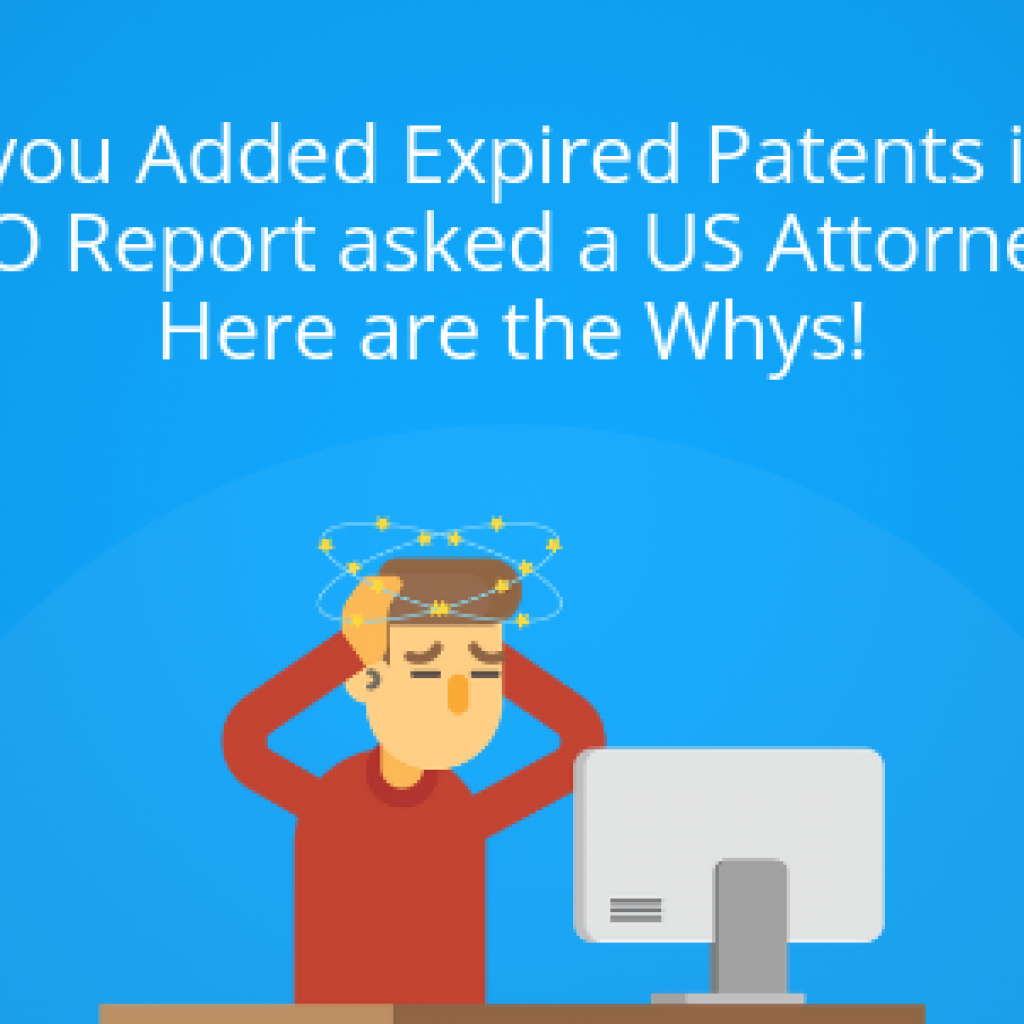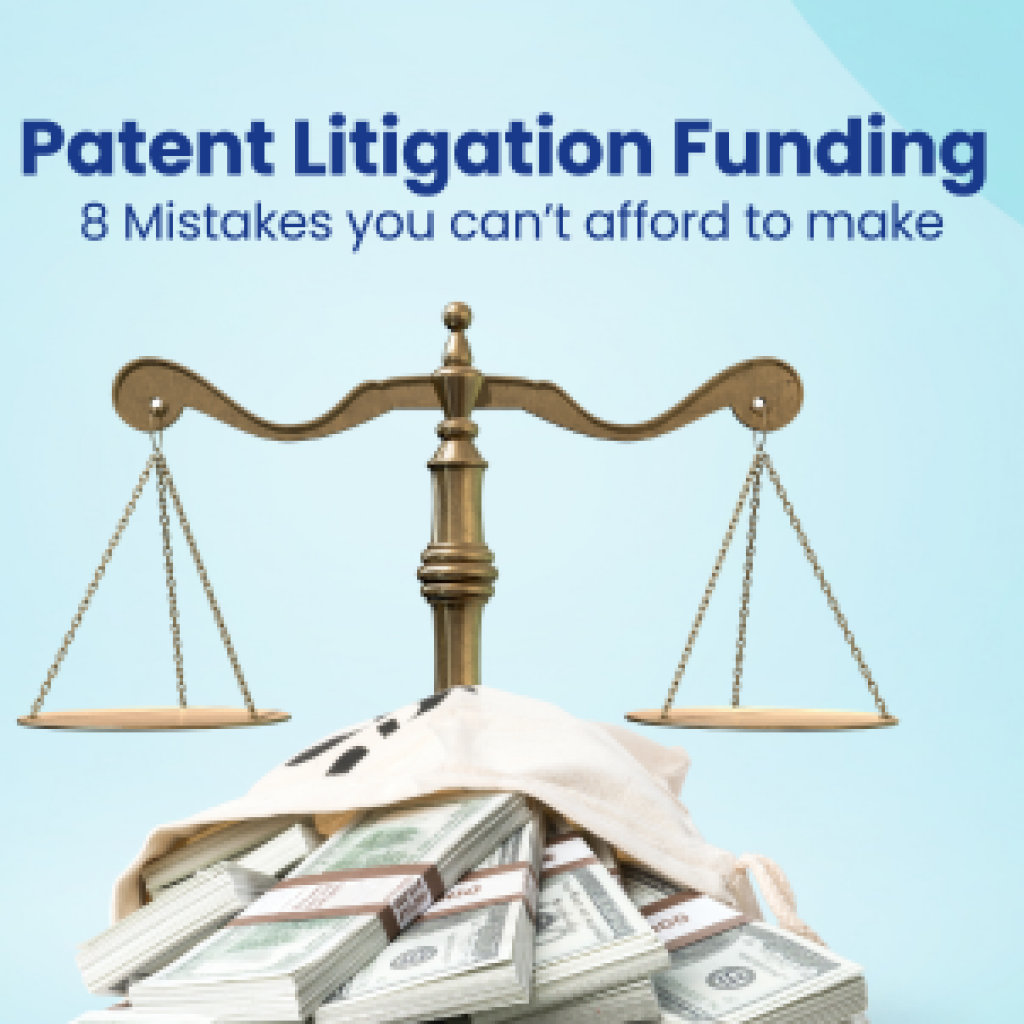Patent litigation poses multiple challenges for SMEs. If you have a large player using your technology, it is not going to be easy to stop them without going into litigation. Notices do not work when you have an army of lawyers on the other end.
Secondly, for small entities like SMEs, startups, and individual inventors, it has become quite arduous to prove patent infringement. Add to it, the cost of litigation, which can cost anywhere between $2.5million to $5 million for a single lawsuit. Financing such legal disputes could leave a significant dent in the budget of SMEs, startups, or individual inventors.
Does that mean such organizations and individuals have no choice but to sit back and feel helpless?
Well, No – This is exactly where litigation financing comes in.
What is Litigation Financing?
Litigation financing is the practice where a third party unrelated to the lawsuit provides capital to a potential plaintiff involved in litigation in return for a portion of any financial recovery from the lawsuit. It is basically a form of investment with the promise of a very high return. However, since such investment comes with a high risk there are very few investors that deal in it. Today we are going to introduce you to a few of the popular names.
Case in Point: Finjan Holdings, a Cybersecurity company that has a large patent portfolio, spends annually $15 million to $18 million on litigation by employing litigation financing.
“You can’t run a licensing program today without having some amount of litigation. We run a litigation program not because we like litigation, but because it’s a prerequisite for setting up and maintaining a successful licensing program.”
~ Phil Hartstein, Chief Executive Officer at Finjan Holdings
SMEs can follow the same route. Litigation funding has a huge impact on SMEs in litigation. SMEs can file a litigation case against a company (whether big or small) without worrying about the expenses like attorney fee, expert witness fees, and court expenses, etc.
Litigation Financing Firms for Patent Disputes
Litigation funding is very much similar to venture capital. Before funding, a litigation financing firm evaluates the investment opportunity to understand the return on their investment, which should be in multiples. Thus, a firm may invest $2 million in a case that has the potential to receive $8 million to $10 million in a damages award. These investments go through very thorough due diligence before investment happens. You can imagine it like confirming the success of the litigation before the investment.
Below are three litigation funding entities that provide resources in terms of capital, attorneys’ assistance and other litigation costs to fight patent litigation cases.
1. Legalist
Legalist, a young startup, is trying to build on the litigation finance world by using algorithms to determine when the company should invest in someone else’s lawsuit. The software compares a suit against 15 million historical cases to calculate the likelihood that a lawsuit will succeed. If the action is likely to pan out, Legalist funds the case in return for a cut (as much as 50 percent) of either the damage awards or the settlement.
How does Legalist Work?
- At first, the plaintiff has to explain about their lawsuit including the court, case number, what’s the current status and who their attorney is to the third-party funder (Legalist).
- If approved, Legalist will cover all the legal costs, including attorney fees, deposition costs, and working capital for the plaintiff’s business.
- The only time the plaintiff repays is if their lawsuit successfully resolves i.e. only if they win the lawsuit.
2. LexShares
LexShares is an online marketplace for investing in litigation. It connects plaintiffs involved in litigation with investors to fund their cases.
How does LexShares Work?
- At first, the plaintiff has to submit their case online.
- Thereafter, LexShares uses its proprietary software tool to search federal and state court filings in real-time to evaluate and score the submitted cases.
- LexShares’ investment team then analyzes high-scoring cases and selects qualifying opportunities for investment.
- After that, LexShares contacts the plaintiff to explain the terms.
- Once terms are finalized, cases are funded via the LexShares platform and if the plaintiff prevails, funders receive a portion of the recovery.
Below are two instances of litigation that were funded by LexShares.
Patent infringement (SME vs Govt. Entity)
The funding in this patent infringement case was $2.5 Million. The SME asserted that Defendants’ installation and use of various related technologies were infringing on multiple patents held by Plaintiff.
Theft of trade secrets, breach of contract (SME vs. Fortune 500 Company)
The funding amount was $2.25 Million in this case. The defendant allegedly misappropriated plaintiff’s trade secrets, infringing on the plaintiff’s intellectual property, and breaching multiple contracts.
3. Parabellum Capital
Parabellum Capital is one of the established patent litigation financiers. Parabellum partners with claimants by providing risk-free capital solutions for the prosecution of commercial claims. The company is capable of providing litigation funding for virtually any type of commercial litigation and arbitration, of any size, in almost any industry. Common claims include (but are not limited to):
- Business, contract, and investment disputes
- Fraud, fiduciary duty, and other commercial disputes
- Patent and other intellectual property infringement
- Trade secrets
- Antitrust and unfair competition
- Bankruptcy and special situations
How does Parabellum Capital work?
- Parabellum firstly arranges experienced litigators. These litigators help the plaintiff evaluate the merits and value of their claim.
- If the claim has significant litigation value, highly experienced counsel will develop the strategy with the plaintiff for the enforcement of their claim – at no cost – giving the plaintiff a tailored solution for their litigation goals.
- Then Parabellum Capital develops a “non-recourse” or “contingency” litigation funding structure to finance the representation of the plaintiff’s business. This means that the company, often in conjunction with counsel, absorbs the litigation costs for the duration of the case.
- Finally, Parabellum backs the case with deep capital, financing the plaintiff’s representation by leading commercial litigators.
These players receive a lot of requests, so if you, as a potential client, are thinking of sending them just the patent numbers, rest assured you are not going to hear anything in return. Therefore, make sure that before you go to any of these firms you have –
- A strong litigation grade claim chart showcasing that your technology is being used by the products of large players dominating the market; and
- A market research report showcasing the market size of these products in dollars.
Additional Resources that Could Help You in Your Litigation Financing Campaign
- List of third-party funders by TPFO
- A Strategic Look at Champerty and Third-Party Litigation Financing by Fenwick & West
- Rules around funding litigation in your country by IR Global (pg 8)
- Why Is It Important To Check The Strength Of Your Patent? (Before you knock the doors of a funding firm, it is always a good idea to check the strength of your patent.)
Authored By: Ankit Kumar, Research Analyst, Infringement Team










